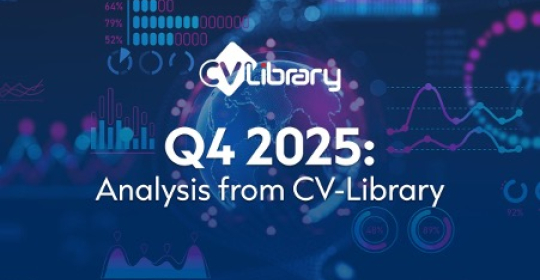With imminent plans to step up rapid Covid-19 testing for key workers and those who can’t work from home - which is likely to lead to an increase in workers being asked to self-isolate - the CIPD is calling on the Government to urgently review its £500 compensation scheme.
The CIPD, the professional body for HR and people development, found that, overall, just 1 in 3 (35%) claims for financial support by people asked to self-isolate by NHS Test and Trace are being paid out by local councils, as revealed by Freedom of Information (FOI) requests.
The requests (sent to 34 local authorities in England in November 2020) suggest that many people asked to self-isolate could fail to receive the financial support they need, potentially undermining the effectiveness of the NHS Test and Trace system. In light of the findings, and with COVID cases rising in the UK, the CIPD is calling for an urgent review of the compensation scheme to ensure people don’t continue to attend work when they have been asked to self-isolate, simply because they can’t afford not to.
The CIPD’s analysis of 34 FOI requests to local authorities across England shows just 36% of applications for support payments* made by working people who also claim benefits have been approved, while the figure for discretionary payments** for non-benefit claimants is just 31%.
The data shows a very wide range in the proportion of applications for support payments approved, with Camden Council approving 75% of applications, Liverpool 23% and Sandwell Council approving just 16%, for example. It also shows a huge disparity between areas in the number of initial claims received.
Liverpool, where mass testing was first piloted, received over 5,000 claims for compensation under both the support payment and discretionary schemes, while Merton has received 188, Westminster 160 and Richmondshire just 43. The average number of claims made for the payments to each local authority contacted is 1096, while the median is 719.5.
Ben Willmott, head of public policy for the CIPD, comments:
“Our FOI data suggests there is currently a postcode lottery on whether working people on low income receive financial compensation when they have been asked to self-isolate by NHS Test and Trace. Lack of financial support threatens to significantly undermine the system at a time when the need for people to safely isolate at home is greater than ever before.
“The Government should urgently review its operation with a view to ensuring consistency over the criteria used by councils for granting compensation payments. It must ensure that the eligibility criteria isn’t overly strict, ruling out deserving applicants who are trying to do the right thing and self-isolate under the Government’s own advice. This is increasingly important with the recent announcement to test key workers who are unable to work from home.
“The review should also consider how the compensation scheme can be marketed more effectively to those told to self-isolate and, importantly, whether there is enough money allocated to councils to ensure the compensation scheme has sufficient funds for the months ahead given the surge in the pandemic and the latest lockdown.”







